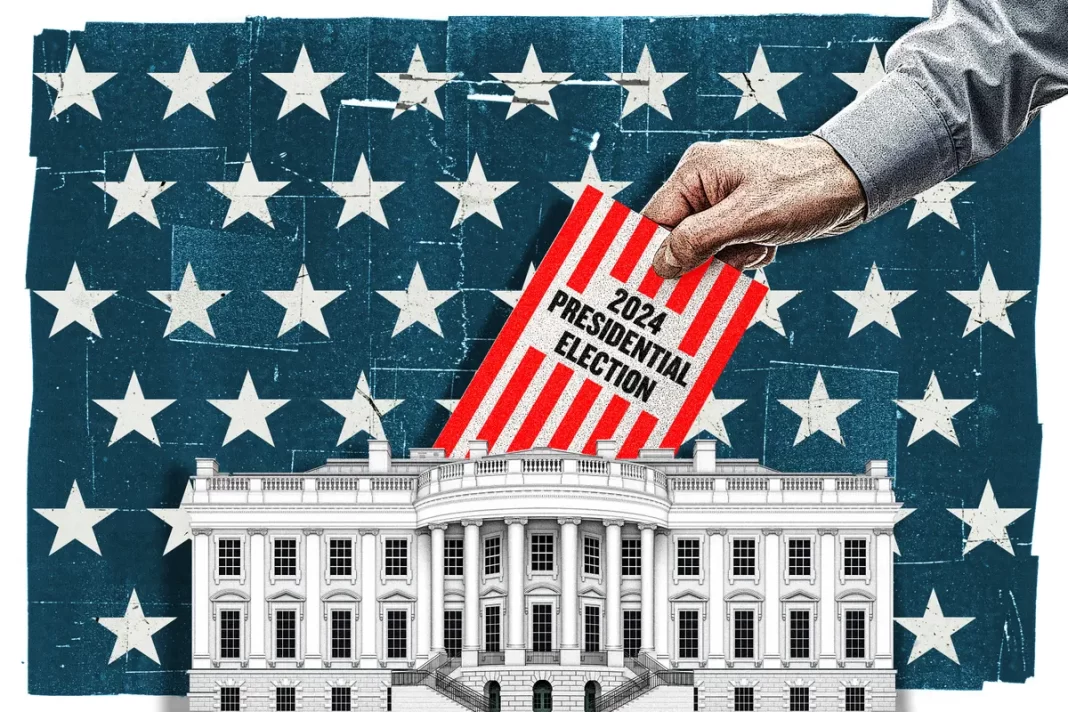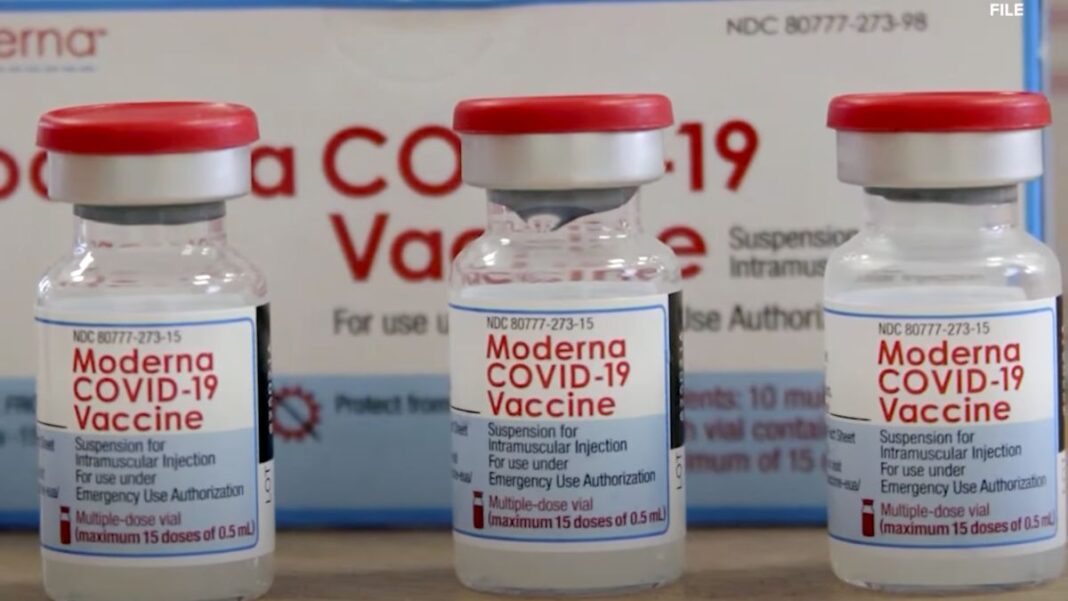As Americans gear up to select their preferred candidate, here are 31 common questions and answers about the presidential primaries and caucuses in 2024.
As the new year kicks off, political campaigns hit top gear to keep their candidate in the race. The early primaries and caucuses will certainly weed out struggling candidates, although the most likely major party nominees are already clear cut—President Joe Biden and former President Donald Trump.
1. When Does Primary Season Start and End?
The first big in-person event will be Iowa’s Republican caucus, which will take place on Jan. 15, 2024.
The state’s Democratic presidential preference voting technically starts earlier, as the party has chosen to use 100 percent mail-in voting this year.
Iowa Democrats can request voting cards from Jan. 12 through Feb. 19, and completed cards must be postmarked by March 5, with the results being released later that same day, also known as “Super Tuesday.”
Iowa Democrats will hold their in-person caucuses the same day as Republicans, on Jan. 15, but they’ll conduct only local party business. It’s a compromise with the Democratic National Committee’s (DNC) commitment to make South Carolina’s primary, which will be held on Feb. 3, the first in the nation.
Although the DNC wanted South Carolina’s primary to come first, New Hampshire’s first-in-the-nation status is enshrined in its state constitution, and the state has held fast to its tradition.
Both Republicans and Democrats will hold their first primaries on Jan. 23, in New Hampshire.
President Joe Biden didn’t file to appear on New Hampshire’s Democratic primary ballot—and the state’s noncompliance with the DNC will likely mean that it receives fewer delegates during its summer convention in Chicago.
Presidential primary season ends on June 8, when Guam and the U.S. Virgin Islands stage their Democratic caucuses.
State primaries for other, nonpresidential, races continue through mid-September.
2. Will Trump Be on the Ballot?
Lawsuits in states across the country have challenged former President Donald Trump’s presence on GOP primary season ballots.
The lawsuits generally allege that he’s disqualified under Section 3 of the 14th Amendment. Passed after the Civil War, the amendment bars “insurrection[ists]” against the Constitution from taking office. It was originally meant to keep unreconstructed Confederates out of power. By 1872, Congress extended amnesty to most secessionists barred from office by the amendment with the Amnesty Act, which passed the Senate 38–2. A final amnesty bill for Confederates was enacted in 1898 during the McKinley administration.







